National Press Authority head Abdel-Sadiq el-Shorbagy hosted a seminar with Minister of Electricity and Renewable Energy Mohamed Shaker to discuss topics related to electricity, renewable energy and electrical interconnection projects with neighbouring countries.
Deputy NPA head Ahmed Mukhtar, Deputy moderated the seminar attended by senior ministry officials and press figures.
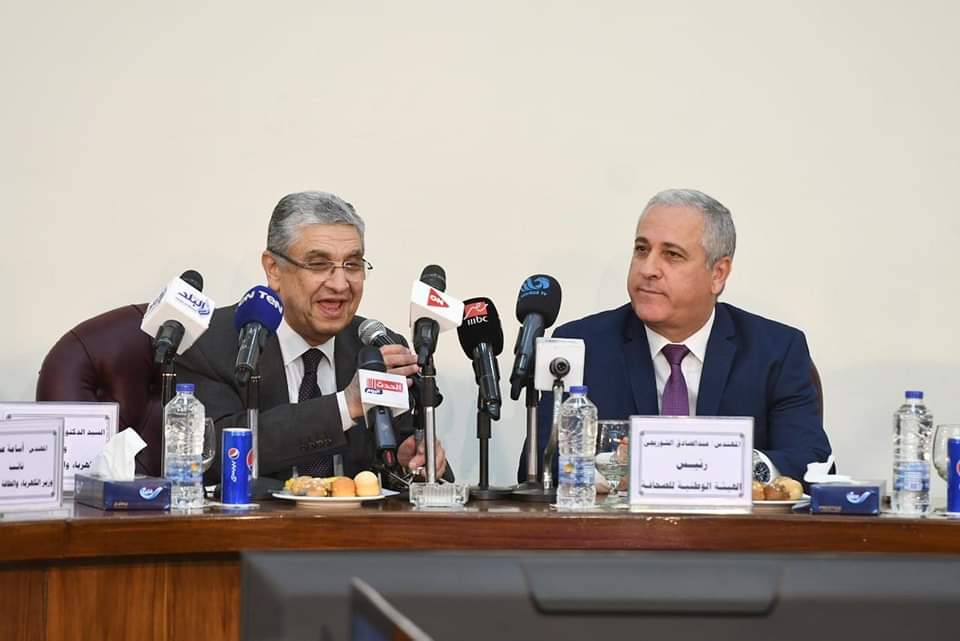
El-Shorbagy kicked off the proceedings by mentioning the unprecedented boom that Egypt has witnessed in electricity and renewable energy since President Abdel Fattah El Sisi assumed responsibility and Shaker’s efforts since he became minister.
The electricity sector is the foundation for all economic and social development plans, bearing in mind that all industrial, agricultural and tourism projects depend upon it, el-Shorbagy said, adding that electricity is vital to the development of new urban communities and land reclamation areas.
“We all remember the situation nine years ago, when power outages in homes, offices and factories were frequent. Today, Egypt has made tremendous progress in electricity thanks to huge investment, rendering a deficit to a surplus for export, plus projects in renewable energy, electrical connectivity and distribution, which qualify Egypt as a regional energy centre,” el-Shorbagy said.
He referred to the numerous challenges facing the electricity sector, especially with the increase in rumours and false information spread by “people of evil”.
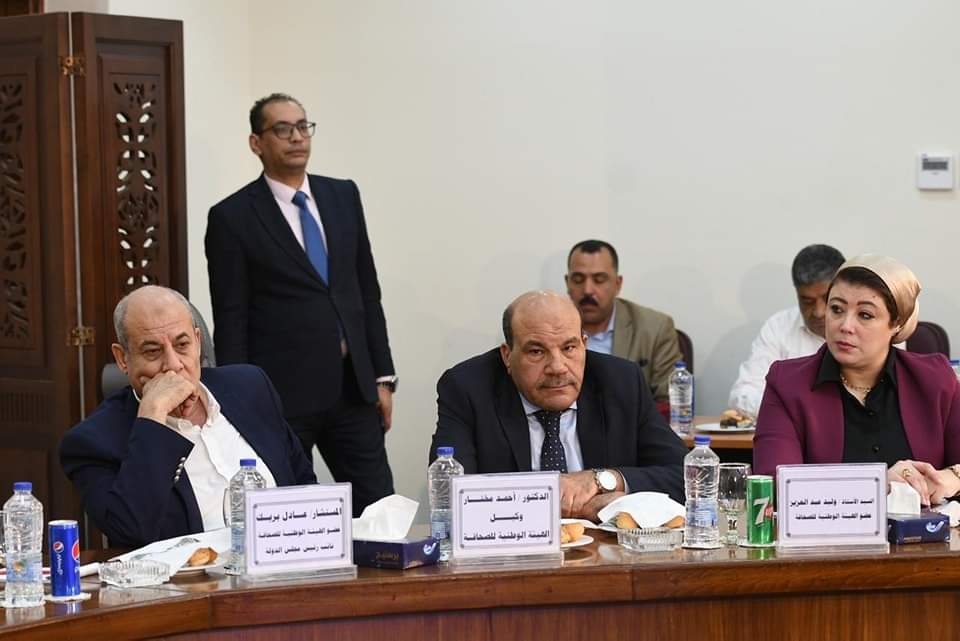
However, the press association is ready to collaborate with the Ministry of Electricity and Renewable Energy within the framework of the great national role of national press institutions to clarify facts, confront lies and support the state’s plans for comprehensive development, el-Shorbagy said.
For his part, the minister said electricity is a “national security” file and has witnessed during the past nine years an unprecedented boom with the strong support of President Abdel Fattah El Sisi.
“We introduced new service stations and developed existing ones, and 29,000 megawatts were added to the network, bringing the total to 56,000 megawatts,” the minister said.
The conditions of the sector were very difficult before 2014. With the great support of the President, major projects were launched to increase generating capacity and modernise the existing infrastructure, the minister added.
According to the minister, large-scale projects generate electricity from wind and solar energy, thus diversifying sources and reducing dependence on fossil fuels. Large wind farms were built in Ras Ghareb and West Nubaria. A giant photovoltaic station has been built in Benban, he said.
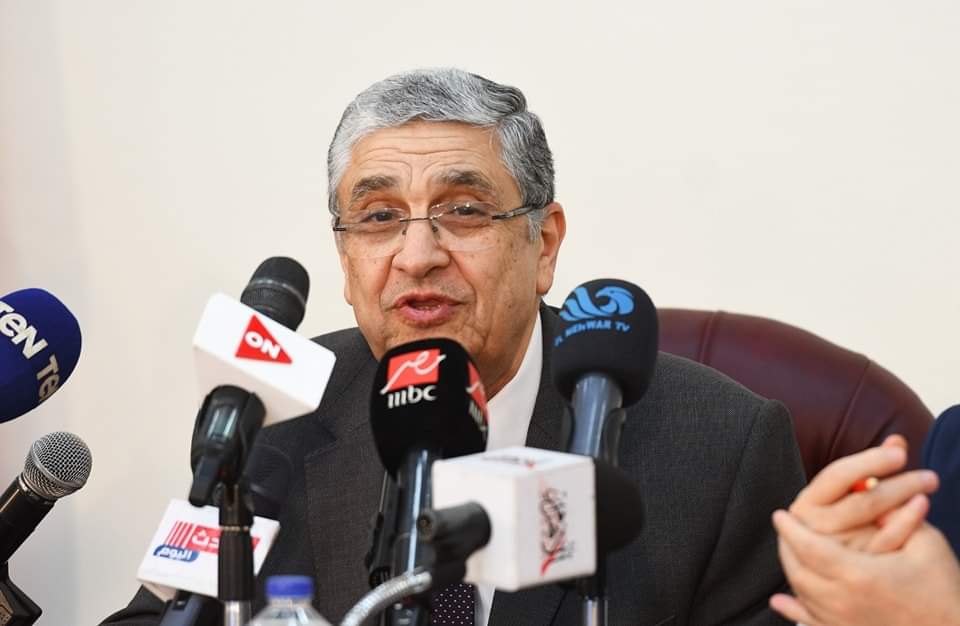
The minister referred to the national green hydrogen strategy in co-operation with the European Bank for Reconstruction and Development, highlighting the global demand for green hydrogen.
The minister spoke of ongoing efforts to modernise the energy strategy to attain a balance between renewable and traditional sources, promote sustainability and make the transition to an environment-friendly economy.
“It is expected the proportion of renewable energy in the mix of electrical capacities will increase to more than 42 per cent,” Shaker said.
On increasing reliance on renewable energy, the minister said: “There is no modern scientific field that we do not touch.”
The minister also referred to the ongoing projects to increase production 10,000 megawatts from renewable energy by 2025 and investment in renewables.
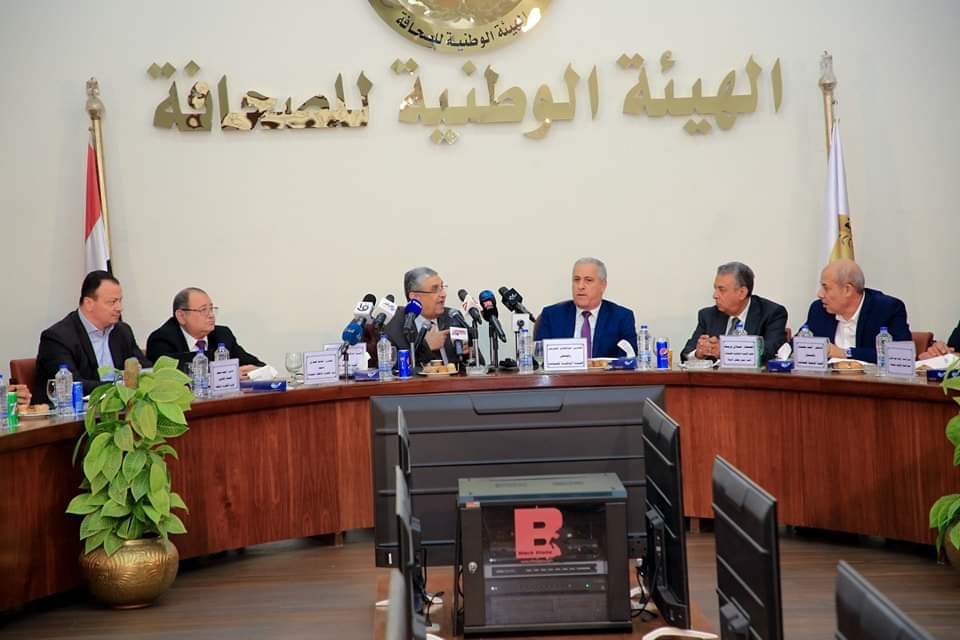
Egypt has become a centre for electrical interconnectivity and projects to this end are underway between Egypt and Saudi Arabia, Sudan and Libya while increasing the capacity between Egypt and Jordan, the minister said, adding that discussions are ongoing with Greece along with the possibilities of interconnection with Europe via Italy.
As for the Dabaa nuclear plant, the minister said project is proceeding according to plan in co-operation with Russian.
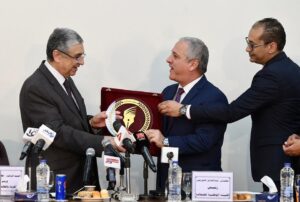



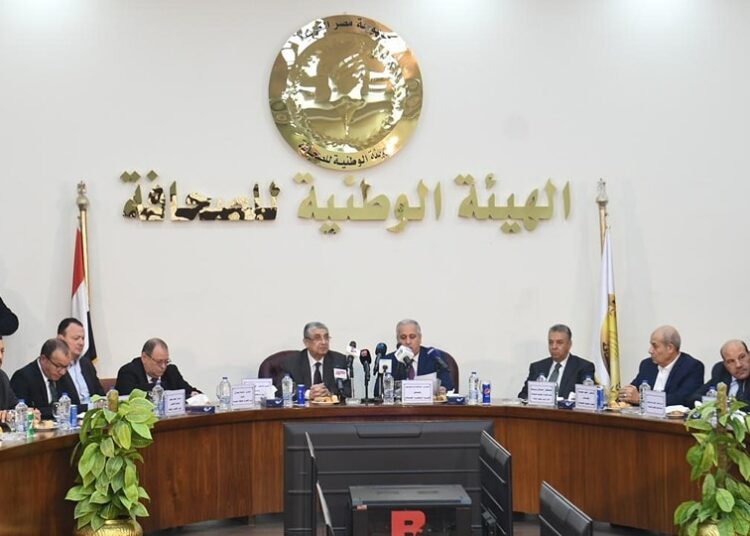


Discussion about this post